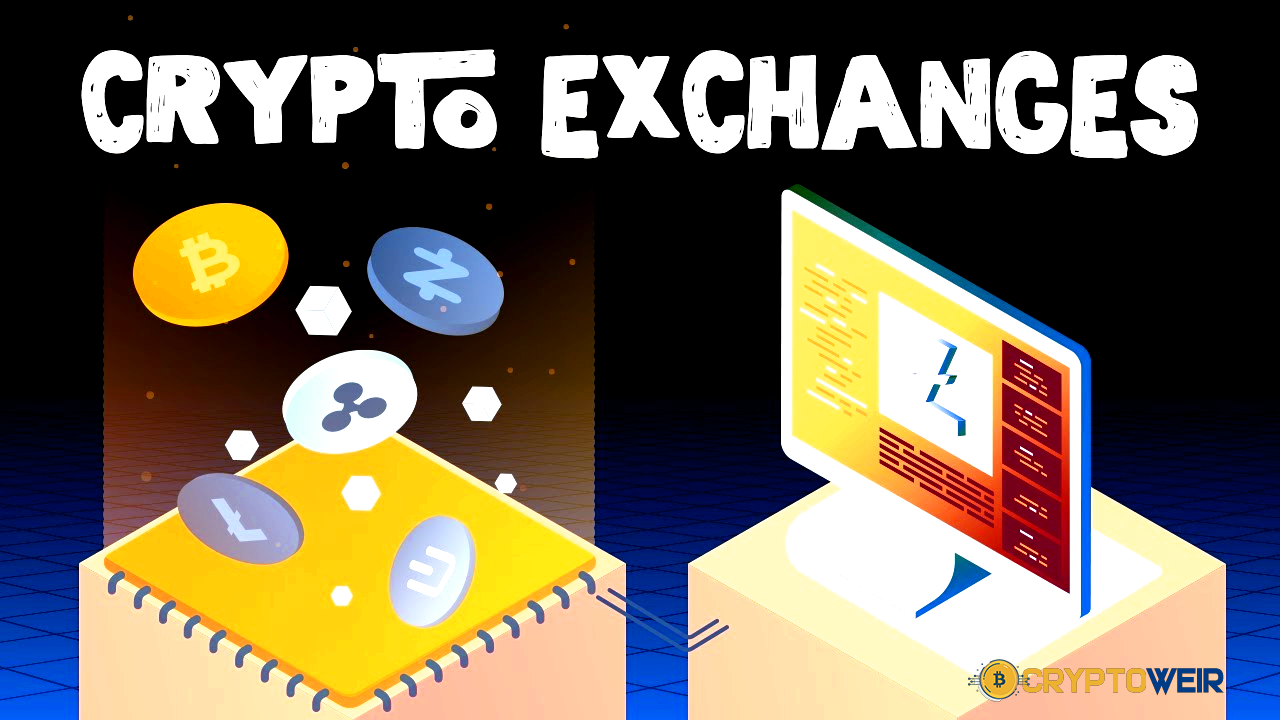Top 5 Scams Most Often Linked to Ethereum 2.0

With the Merge happening in September, scams about Ethereum 2.0 are already beginning to appear. Here are the five most common.
Proof-of-Work (PoW) to Proof-of-Stake (PoS) is without a doubt the most important change to Ethereum’s protocol since it was first created. This is also one of the most anticipated events in the cryptocurrency field in 2022. It is often called “The Merge.”
The Merge is set to happen in September 2022 on a “soft” schedule, unless something unexpected comes up.
The closer we get to that date, the more people are trying to cheat people out of their money by taking advantage of it. Here are some common scams that everyone should know about, especially as The Merge gets closer.
Scams that use phishing
Phishing is one of the oldest tricks in the book, and with an event like The Merge getting so much attention, you can expect it to skyrocket.
For those who don’t know, phishing scams try to steal money from your wallet by sending you fake prompts that look a lot like the real ones. The most common example is a phishing email or other online message that asks you to click on links that take you to fake websites. Most of the time, they would also ask you to type in your seed phrase or sign permissions for your wallet, which would let the hacker take your money.
Others might ask you to install software you don’t know is malware, which would infect your computer and give scammers access to your files.
As a general rule, especially when it comes to emails from people you don’t know, you should:
- Don’t give anyone your personal information, passwords, or “seed phrases.”
- Delete emails from unknown senders right away.
- Never open an attachment or link from an email address you don’t know.
Also, you should be aware that scammers are coming up with more and more clever ways to steal your money, so it’s important to be extra careful.
Airdrop Scams
As we get closer to The Merge dates, there may also be a lot of airdrop scams. Remember:
The Ethereum Foundation has not confirmed any official airdrops.
For these scams to work, the bad guys would send you some tokens. From there, some wallets will probably show their value, and you might be surprised to find that you have thousands of dollars worth of a token you’ve never seen before.
Read More:What is Ethereum?
When you try to get your airdrop, you may be asked to sign in with your Ethereum wallet and approve a transaction. This is where the scam starts. By doing this, the scammer basically gets control of your keys.
You could also sign a transaction that actually sends the money to the scammer’s account.
ETH2 Token Scams
Just as there are no official airdrops confirmed by the Ethereum Foundation, there’s also no ETH2 token. There will also never be any other token that will be introduced with The Merge.
Anyone getting you to invest, trade, mine, stake, or whatnot – into something of the kind – is trying to scam you.
Of course, it’s also worth keeping in mind that there are legitimate derivative tokens that may represent staked ETH. That’s the case with ETH staked on Lido’s platform, which is called stETH. Binance and Coinbase also have their alternatives.
This particular scam is very closely related to the next one on our list…
Encourage Scams
Support scams are quite prevalent in the cryptocurrency business and, like the majority of scams, they prey on those who are unfamiliar with the technology and lack sufficient industry understanding.
People have already reported being approached by Twitter accounts with the handle “Ethereum Support,” for instance. They would probe for some information, frequently secret keys, seed words, or passwords. Additionally, they would occasionally ask the user to let them remote access to their computer, among other things. To get rid of your assets is the obvious goal.
Read More:
Here are a few crucial things to note:
- Never reveal your passwords or seed phrases with anyone.
- Never grant remote access to another person to your computer.
- Never interact with anyone outside of the channels that have been set up.
As a general rule, no support team will ever make more than the initial contact, and they will never request any confidential information, particularly seed phrases or passwords.
Scams in Mining Pools
At the moment, Ethereum uses the proof-of-work consensus algorithm. This means that ETH is mined in the same way that BTC is. Because of this, it is likely that many bad people will try to take advantage of it and use mining pool scams to steal money from people who don’t know what’s going on.
For example, the scammers can make claims and stay in touch with the victim for as long as it takes to try to convince them to join an ETH mining pool. If the user sends a small amount of money, they might even see them make money. This is done to get them to send a large amount. Once this is done, the scammers will likely send the money to an address they don’t know and then disappear.
The most important thing to remember here is:
- You should know that most of these deals are not real. If they were, you would have heard of them by now because they would have become popular.
- Before you invest your money, learn as much as you can about liquidity pools, staking, and mining.
- Be very wary of anyone who tells you they can help you make money with your cryptocurrency.
The Bottom Line
To sum up, it’s important to know that big events like this often bring a lot of bad people. This will definitely lead to more scams, and the worst thing you can do is to underestimate how smart and creative hackers can be.
In addition to the above, it is highly recommended that you manage the security of your crypto in a strict way.






2 Comments